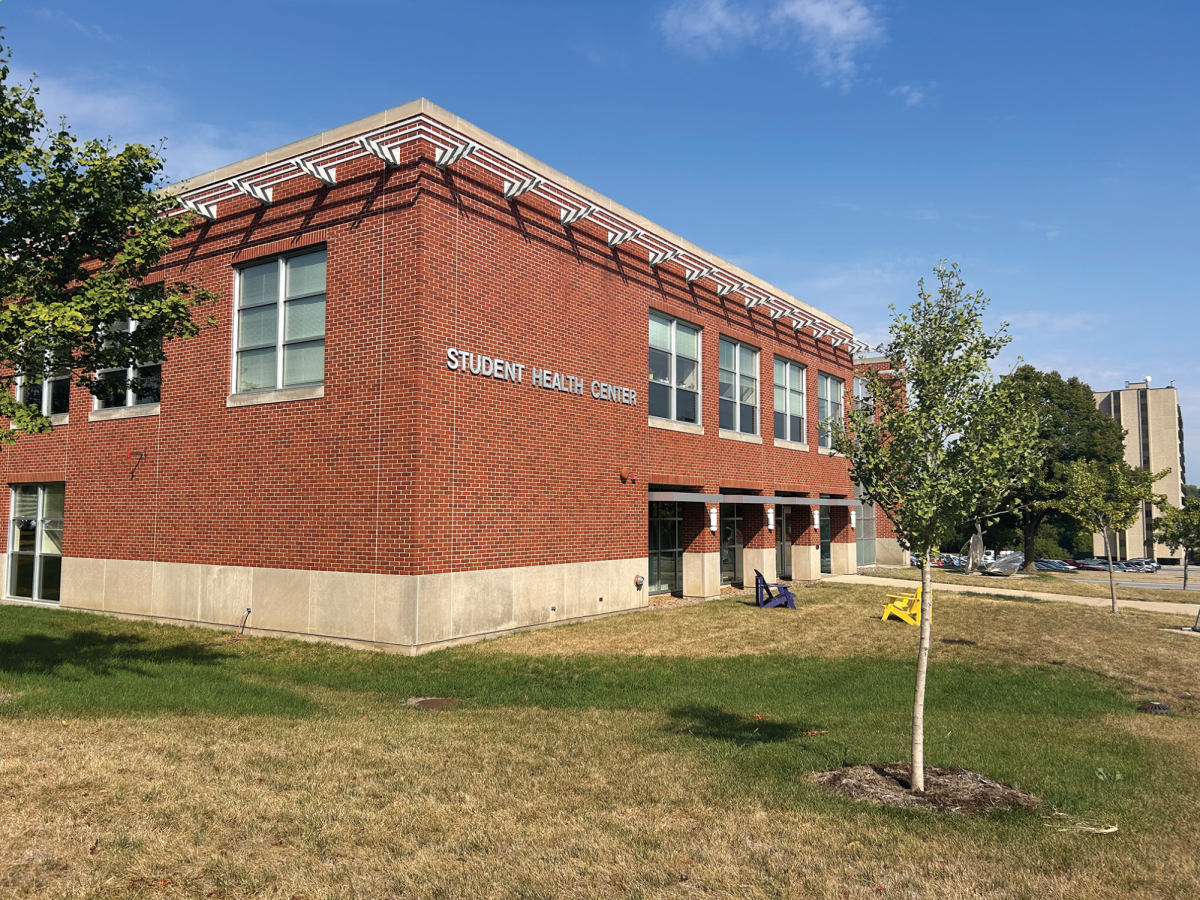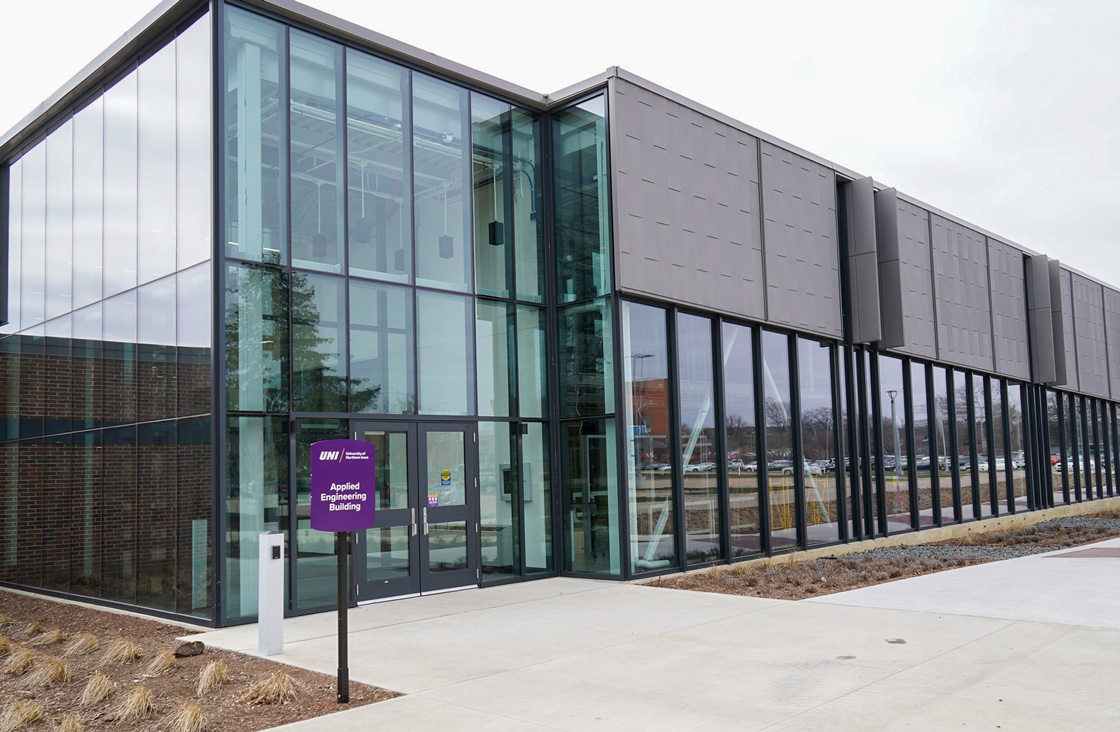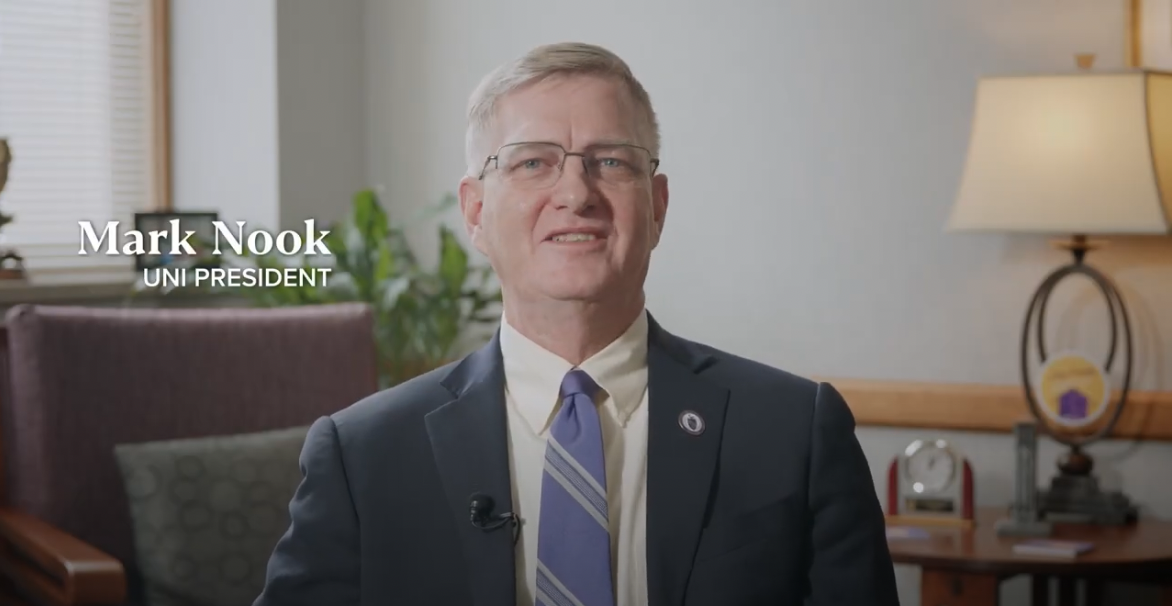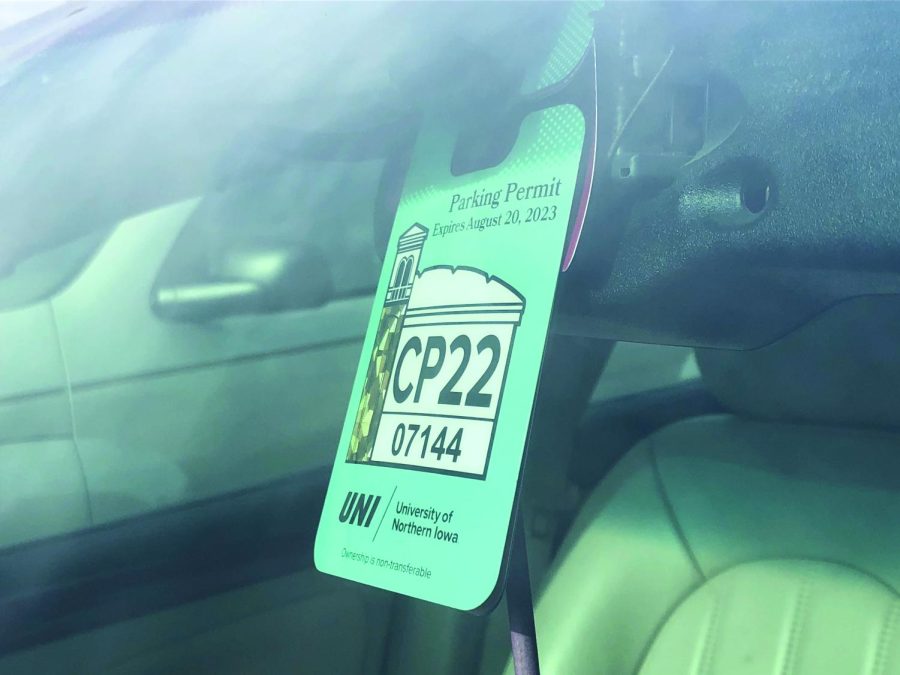This year, the University of Northern Iowa has decided to partner with teletherapy in order for students to access free 24/7 therapy online through an app called TELUS.
Shelley O’Connell, Assistant Vice President & Executive Director of Student Health and Well-being, says TELUS is an app that gives students access to master’s level counselors through phone calls, chats, and video display. The app can be downloaded on both ios and Android devices.
According to O’Connell, the counseling center decided to partner with TELUS in order to give more students easier access to seek out help.
“We wanted to enhance the availability of the students at the University of Northern Iowa. We have students who are looking for teletherapy as this may work better for them balancing between classes, work and life,” O’Connell said. “Having services offered on the student’s schedule was one of the main reasons for adding this product.”
O’Connell also said that this is a beneficial alternative to face-to-face therapy because it offers more opportunities for students because they get to choose when and where they decide to go, no matter where they are on or off campus.
“We understand that some students are seeking an alternative to traditional face-to-face therapy and this is how TELUS comes in. You can have a teletherapy visit from the comfort of your dorm room, in a quiet area on campus or if you are studying abroad or in another area of the country on an internship,” O’Connell said.
TELUS also offers services that are available in different languages and culture matching resources. O’Connell hopes students will begin to utilize and explore all of the features that TELUS provides within the app such as peer-to-peer support network, information on the various types of therapy, screening tools for anxiety and depression, and information about how to connect with various services on UNI’s campus including Student Wellness, Panther Pantry, Student Accessibility Services, and The Learning Center in Rod Library.
Kaylie Stearns, a student at the University of Northern Iowa, said that she is a little worried about how TELUS will affect the future of the UNI counseling center.
“I don’t necessarily think it’s a bad thing that they are optimizing an app, I think counseling apps are very common in our generation. I just hope that they still keep in person counseling readily available because some people, like myself, would not benefit from the app, but others would so I think it can help,” Stearns said.
Stearns has been going to the counseling center for almost two years, and recommends it to any student thinking about counseling because of the convenience of it being right on campus.
“The counseling center has changed my life in so many ways, however, their schedules are not as open as they used to be because there are only two counselors this year.”
“They changed it to scheduling on an ‘as needed’ basis which means that you can only reschedule with them each time you see them. So, if you need something more than that then it might not be the best option,” Stearns said.
Due to the counseling center being low on staff this year, Stearns thinks that utilizing this app will be beneficial for more students to get access to the help they may need in case they can’t get into the counseling center right away.
Stearns hopes that the counseling center will remain open to students like herself to continue to go in-person, but also agrees the app might be helpful for students who can’t afford to pay for in-person sessions past the five free sessions students are offered.
“Some students might be more willing to talk to someone through the app as opposed to going in person; it will allow them to still utilize the help when needed for free,” Stearns said. “But I also feel that people are held more accountable to talk to someone when having an in-person appointment as opposed to having to build up the courage to interact with the app.”
O’Connell believes that COVID-19 has caused an increase in students seeking counseling because she believes it took a toll on many people’s mental health.
“College students were not immune, isolation and loneliness were part of the pandemic and efforts were put in place to help connect with resources,” O’Connell said. “Having faculty and staff who care about you and can help guide you to the services on campus helps us with the culture of care for our students.”
O’Connell believes that adding TELUS to the mental health services already offered will now give students 24/7 service they may need.
Stearns believes the app will be helpful because it is more accessible for students and their schedules, but does not think it is as effective as in-person services.
“I would just hate to see the UNI counseling center not being a thing anymore because of some app that will never be as effective,” Stearns said.









